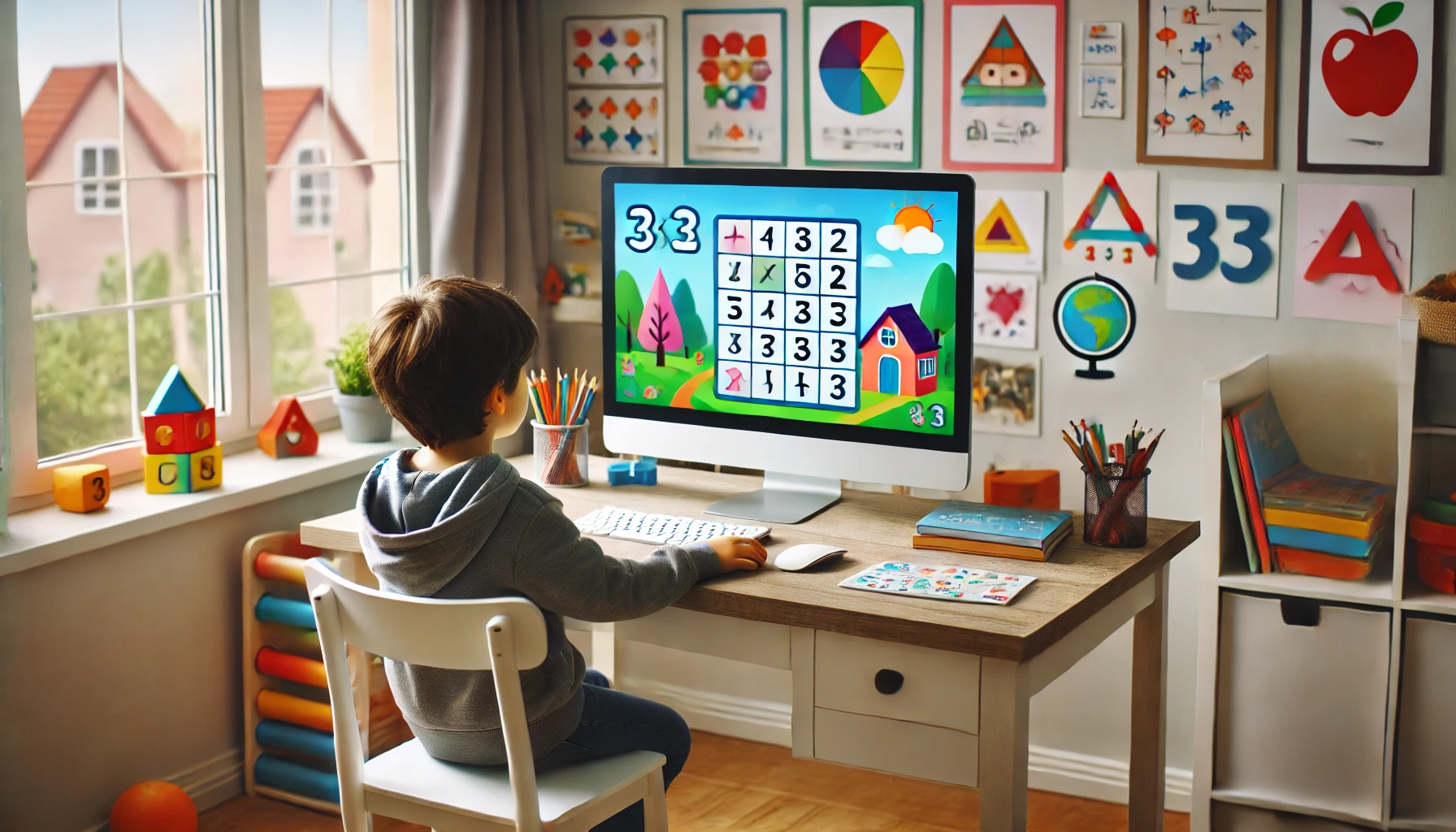In today’s digital age, the ubiquity of video games in the lives of children is undeniable. The gaming industry has grown exponentially, with video games evolving from simple pixelated screens to complex, immersive experiences that engage players in multifaceted ways. With this surge in popularity, a pressing question arises: Are videogames good for children? This article aims to explore the various facets of this debate, examining both the positive and negative impacts of video games on children’s development.

The Positive Impacts of Video Games
- Cognitive Development
Video games have been shown to enhance various cognitive skills. Many games require players to solve puzzles, navigate complex environments, and think strategically, all of which can improve problem-solving skills and cognitive flexibility. Studies have demonstrated that action games can enhance attention, spatial reasoning, and the ability to track multiple objects simultaneously. These cognitive benefits are not confined to specific types of games; even casual games can improve memory and pattern recognition.
- Educational Benefits
Educational video games, or “edutainment,” combine learning with entertainment, making education more engaging for children. These games can reinforce academic skills such as math, science, history, and language arts. For instance, games like “Minecraft” offer creative and collaborative learning opportunities, allowing children to explore subjects like architecture, physics, and teamwork. By integrating educational content into a fun format, video games can motivate children to learn and retain information more effectively than traditional methods.
- Social Skills and Teamwork
Multiplayer and online games often require cooperation, communication, and teamwork. These games can help children develop social skills by interacting with peers in a virtual environment. Games that involve collaborative missions or competitive team play teach children how to work together to achieve common goals, resolve conflicts, and manage emotions. This aspect of gaming can be particularly beneficial for children who struggle with face-to-face social interactions, providing them with a platform to build confidence and social competence.
- Stress Relief and Emotional Resilience
Playing video games can be a form of escapism, allowing children to relax and unwind. Games provide a safe space to experience and manage emotions such as excitement, frustration, and accomplishment. This emotional engagement can help build resilience as children learn to cope with setbacks and persevere to achieve goals within the game. Furthermore, certain games designed with therapeutic purposes can help children manage anxiety and other emotional challenges.


The Negative Impacts of Video Games
- Addiction and Excessive Screen Time
One of the most significant concerns regarding video games is the potential for addiction. Excessive gaming can lead to unhealthy levels of screen time, which may interfere with sleep, physical activity, and academic performance. The World Health Organization has recognized “gaming disorder” as a condition characterized by impaired control over gaming, prioritizing gaming over other activities, and continuation or escalation of gaming despite negative consequences. Parents and caregivers must monitor and regulate the amount of time children spend playing video games to prevent these issues.
- Violence and Aggression
The impact of violent video games on children’s behavior has been a contentious issue. Some research suggests that exposure to violent video games can increase aggression and desensitize children to violence. These games often involve graphic depictions of violence and may encourage aggressive problem-solving strategies. However, it is essential to note that the relationship between video game violence and real-world aggression is complex and influenced by various factors, including individual personality traits and environmental context.
- Social Isolation
While multiplayer games can enhance social skills, there is a risk that excessive gaming can lead to social isolation. Children who spend an inordinate amount of time playing video games may neglect real-life relationships and social activities. This isolation can impede the development of essential social skills and lead to loneliness and depression. It is crucial for children to balance their gaming habits with face-to-face interactions and outdoor activities.
- Impact on Academic Performance
Excessive gaming can negatively impact academic performance. Time spent on video games can detract from homework, reading, and other educational activities. Some studies have found a correlation between high levels of gaming and lower grades. However, this impact varies depending on the type of games played and the individual child’s ability to manage their time effectively. Encouraging children to prioritize their academic responsibilities and setting clear boundaries around gaming can mitigate these negative effects.
Finding the Balance
Are video games good for children? Given the potential benefits and drawbacks of video games, finding a balance is key to ensuring that children enjoy the positive aspects of gaming while minimizing the negative impacts.


- Setting Limits
Parents should set clear and consistent limits on the amount of time children can spend playing video games. The American Academy of Pediatrics recommends that children aged 6 and older should spend no more than one to two hours per day on recreational screen time. For younger children, even stricter limits are advised. Establishing designated gaming times and encouraging breaks can help prevent excessive screen time.
- Choosing Appropriate Games
Not all video games are created equal. Parents should be mindful of the content and age-appropriateness of the games their children play. The Entertainment Software Rating Board (ESRB) provides ratings and content descriptors that can guide parents in selecting suitable games. Opting for educational and non-violent games can enhance the positive impacts of gaming.
- Encouraging a Variety of Activities
To ensure a well-rounded development, children should engage in a variety of activities beyond gaming. Encouraging physical exercise, hobbies, and social interactions can help balance the sedentary nature of video games. Involving children in sports, arts, and outdoor activities can foster physical health, creativity, and social skills.
- Co-Playing and Supervision
Playing video games together as a family can be a positive experience. Co-playing allows parents to understand the games their children are interested in and to set an example of balanced gaming habits. It also provides opportunities for bonding and discussion about the content and themes of the games.
- Promoting Digital Literacy
Teaching children about digital literacy and responsible gaming is crucial. Children should understand the importance of online safety, recognizing and avoiding cyberbullying, and respecting others in the gaming community. Educating children about the potential risks of excessive gaming and the importance of balance can empower them to make informed decisions about their gaming habits.
So are Videogames Good for Children?
The question of are videogames good for children does not have a straightforward answer. Video games can offer numerous cognitive, educational, social, and emotional benefits when played in moderation and with appropriate content. However, the potential for addiction, exposure to violent content, social isolation, and negative impacts on academic performance cannot be ignored.
Ultimately, the impact of video games on children depends on how they are used. Parents, educators, and caregivers play a crucial role in guiding children’s gaming habits and ensuring that video games are a positive addition to their lives. By setting limits, choosing appropriate games, encouraging a variety of activities, co-playing, and promoting digital literacy, the benefits of video games can be harnessed while minimizing the risks.
In the end, video games, like any other form of media, are tools that can be used for both positive and negative purposes. It is up to the responsible adults in children’s lives to ensure that these tools are used wisely and contribute to the healthy development of young minds.
Check out these similar posts:
- None Found
